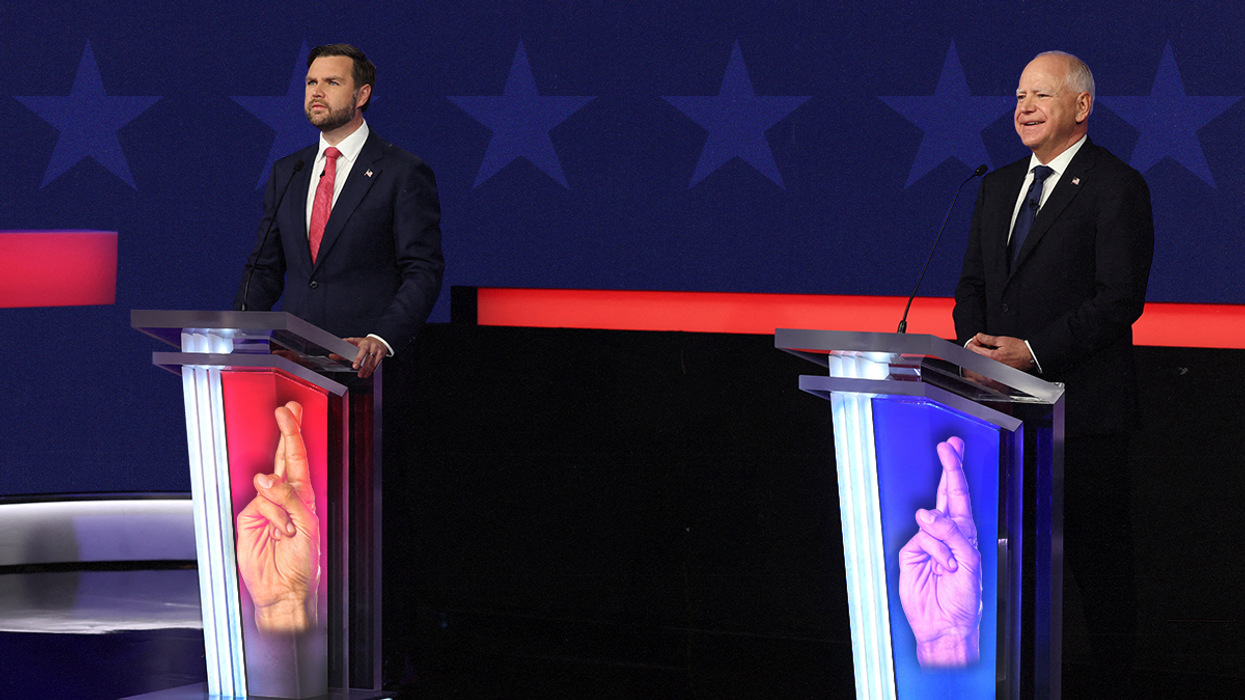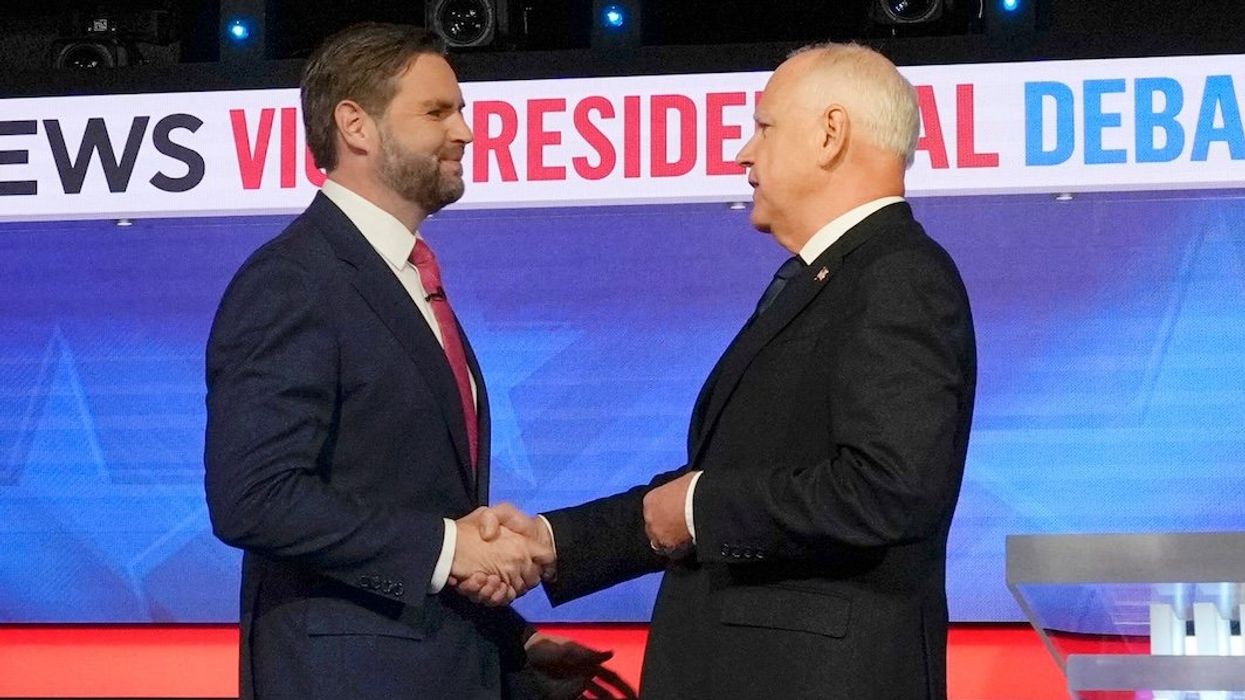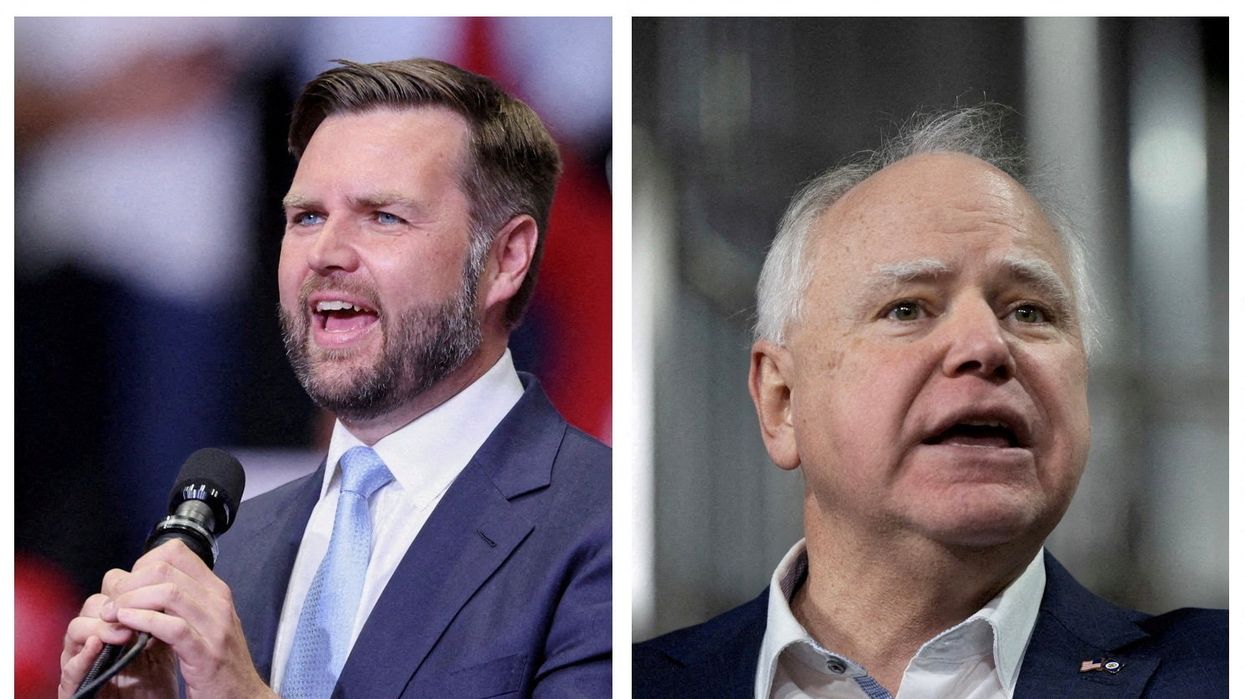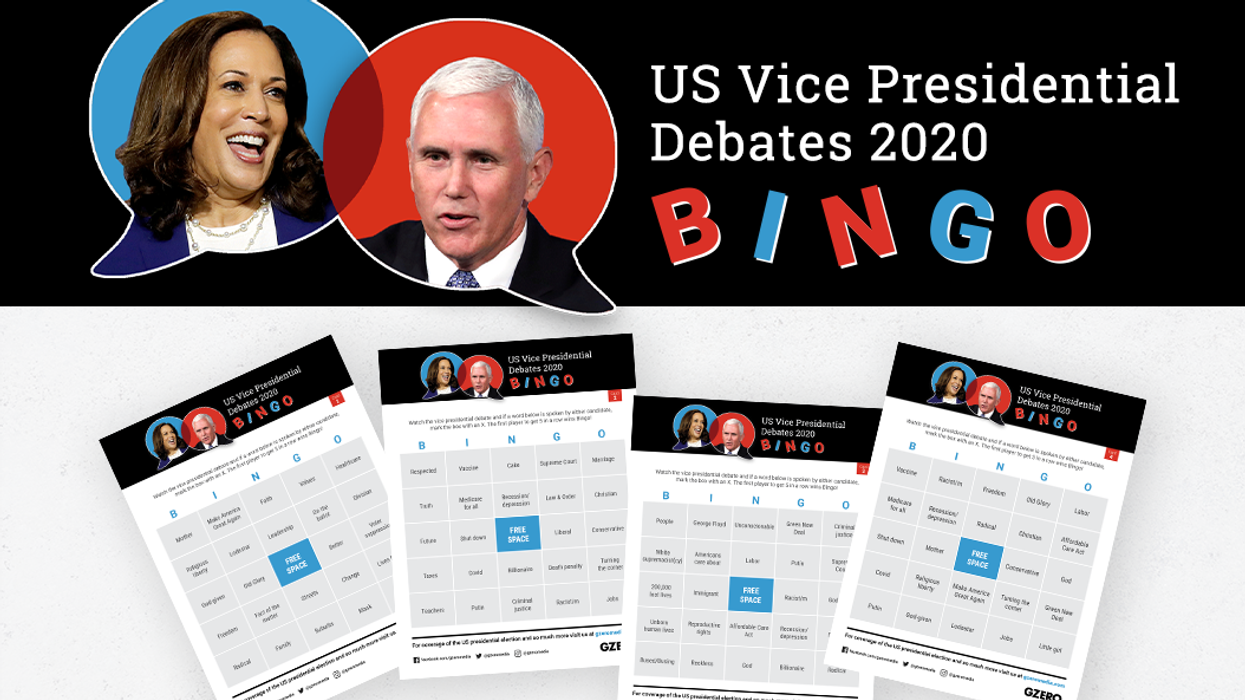GZERO North
The Likable Lies of Campaign 2024
Are likable liars the secret weapon of campaign 2024? After watching the screed-filled mayhem about immigrants eating pets that characterized the Donald Trump-Kamala Harris debate, the VP face-off was like sipping a cold beer in the middle of a heat wave. But something about this new political “decency” beer doesn’t taste right, and it’s causing a massive hangover.
Oct 03, 2024




